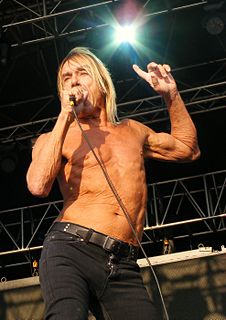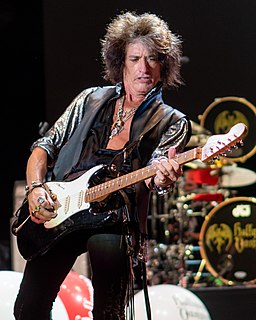A Quote by Iggy Pop
At university, I had been obsessed with reading about the lives of Rimbaud and Baudelaire, and I was steeped in the crazy poets, and I came to view my early subjects through that prism.
Related Quotes
I have always looked at the world through the prism of money to some degree. If you could follow the money, it explains a lot of things, in all sorts of aspects of the world. You can look at politics through the prism of money. You can look at art through the prism of money. You can look at sports through the prism of money.
We should think about what we mean by literacy. If you say, "He's a very literate person," what you really mean is that he knows a lot, thinks a lot, has a certain frame of mind that comes through reading and knowing about various subjects.The major route open to literacy has been through reading and writing text. But we're seeing new media offer richer ways to explore knowledge and communicate, through sound and pictures.
I think reading intelligent expressions of different points of view is a good thing, and there is a way in which being in academia in a classroom at the University probably gives you, can give you an academic view of things, and reading actual real time debates about what should we do in Syria or the Buffett rule, budget issues...gives you a kind of sense that's hard to get in a classroom.
I had hundreds of books under my skin already. Not selected reading, all of it. Some of it could be called trashy. I had been through Nick Carter, Horatio Alger, Bertha M. Clay and the whole slew of dime novelists in addition to some really constructive reading. I do not regret the trash. It has harmed me in no way. It was a help, because acquiring the reading habit early is the important thing. Taste and natural development will take care of the rest later on.
The maiden Olympics had more to protest about than mere war, though. Central to its ethos was a rejection of two establishments the political one, certainly, but also that of the wider poetry world itself. It changed poetry for ever in the UK, ... It led to readings all over the country. You suddenly got more women reading and publishing poems, as well as gay guys and poets from all over the world. Until that time, published poetry had been very university-based white, male, middle-class. We were trying to break poetry out of its academic confines.



































